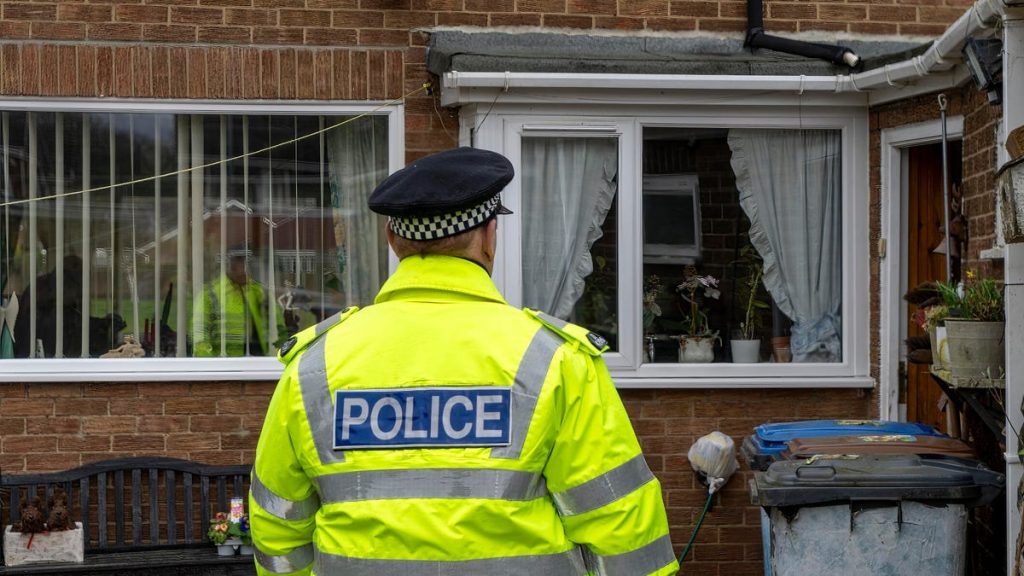Home privacy and law enforcement often clash, and this includes the use of home security camera recordings. While police cannot access live feeds from private cameras, they do have the authority to seize stored videos when investigating a potential crime. This can include footage stored in the cloud or locally on devices like microSD cards. In some cases, individuals may not even be notified that their videos have been taken by the police. It is important for individuals to be aware of their legal rights in these situations in order to protect their privacy.
One way in which law enforcement can access home security camera footage is by requesting cloud video in case of emergencies. In emergency situations, such as a life-or-death scenario, police have the legal right to request sensitive information like camera footage. Security companies that offer video storage typically have policies in place for handling these types of requests, although users may not always be notified when their cloud videos are accessed by law enforcement. It is important for individuals to understand how these requests are handled and what rights they have in these situations.
Another option for law enforcement to seize camera footage is by obtaining a warrant or court order. Warrants allow police to examine home security devices, including any local storage that may be present. Warrants are typically granted when there is evidence that a crime may have been committed on the property. It is important for individuals to understand their rights in these situations and to ask to view a warrant if law enforcement wants access to their security cameras. The Fourth Amendment prevents law enforcement from holding onto digital devices or data indefinitely.
Some police departments are implementing programs that allow homeowners to register their surveillance equipment with local law enforcement. This allows police to know where registered residential cameras are located and request footage directly from participants with cameras near a crime scene. While registering cameras does not give police the authority to view footage without permission, they can access and copy video images for use as evidence in criminal proceedings. It is important for individuals to be aware of the implications of registering their cameras with law enforcement.
While individuals can make it less likely for police to access their security camera footage by using local storage instead of cloud storage, law enforcement always has the option to obtain a warrant or court order. Federal agencies like the FBI, NSA, and ICE are generally bound by the same legal constraints as local police departments when it comes to accessing camera footage. However, controversial laws such as Section 702 of the Foreign Intelligence Surveillance Act give these agencies the power to seize electronic data related to foreign intelligence or terrorism threats without a warrant, raising concerns about privacy and surveillance.
In conclusion, individuals should be aware of their legal rights regarding home security camera footage and take steps to protect their privacy. This may include understanding how law enforcement can access their footage, the implications of registering cameras with police departments, and the limitations placed on federal agencies when it comes to surveillance. By being informed and proactive, individuals can better protect their privacy and security in relation to their home security camera recordings.


